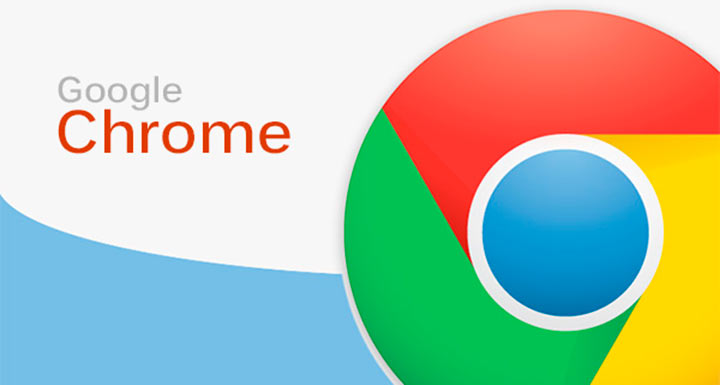
Google Chrome for Cuba: A first step?
HAVANA.- “Welcome, Cuban brothers,” commented Google Plus user Markus Pro on the web page where the transnational information network announced that its Chrome browser will be available to Internet users in Cuba.
In a message sent through its social network, Google announces that “U.S. export controls and sanctions can sometimes limit the products available in certain countries. As these trade restrictions evolve we’ve been working to figure out how to make more tools available in sanctioned countries. In the past couple years we’ve made Chrome downloadable in Syria and Iran. We’re happy to say that Internet users in Cuba can now use Chrome too, and browse the web faster and more safely than they could before.”
This statement appears a few weeks after Google executives visited Cuba last June. At that time, Eric Schmidt, the company’s chief executive officer, said that Washington’s policies toward the island “defy reason: there are dozens of countries we call our allies and we are free to travel to that present much worse threats and concerns to the U.S.” About the use of the network, he said that “the Internet of Cuba is trapped in the 1990s.”
Beyond the possibility of downloading a free browser, which does not presume a direct income for Google (an illegal act, in terms of the U.S. blockade laws against Cuba), the question is whether this is an isolated and symbolic act, or if it represents the first in a series of measures that would enable Cuban users to enjoy and benefit from tools such as Google Earth, Google Toolbar, Google Code Search or Google Analytics, currently inaccessible in Cuba because of the U.S. embargo.
Google Chrome is the browser of the famous search engine. Its first version was launched on Dec. 11, 2008, as a Beta, only for Windows. It promised speed and versatility in a fluid and speedy navigation.
According to StatCounter, it is now utilized to browse and share resources in the Web by 45 percent of all users worldwide, which makes it the most used browser. Cuban users will be able to download Chrome 36, the latest updated version.
Because of the connection speeds in Cuba, as well as the limited points of access for this browner, its speed and ease make it a must-have for users. In fact, through proxies, it is already well known.
Despite the good news, until 8 a.m. on Aug. 20, it was impossible here to download the application or the extensions.
Rafael de la Osa, director of the Cubarte Network, one of the largest networks in Cuba devoted to the culture sector, told Progreso Semanal: “To the U.S. government, let us say that it’s not good for Google to act this way. But this doesn’t mean that it will force a change of policy.”
“As capitalists, they’re finally beginning to see possibilities of business, mid-range, by opening to the private sector in Cuba,” De la Osa went on. “And in business, the only law is the law of the strongest or the first. Here [in Cuba] there is a great deal of human capital to exploit. I think that’s the direction it will take.”
In Cuba, many users utilize the Chrome browser and update the plugins by using proxies to avoid the existing prohibitions.
Mariam Velásquez, a software developer in the Cuban company DESOFT, is a habitual user of this application. “For example, I cannot access the Google Hangouts, something that helps me during interviews and clarifying doubts relative to my work as programmer,” she says. “And that’s just a small example.”
“Chrome is only a bit of everything. In fact, here, even though Google does not authorize its downloading, it’s used. What happens is that if they open Chrome with all its features, we’ll be able to download plugins that improve navigation throughout the Web.”
In the comments to the announcement that appeared on the Google Plus page, some users wondered if Cubans will have access to Hangout, the service that enables video calls. A similar service, Skype, remains blocked by the Cuban government.
Because no public explanation was made as to the reason for the policy to block video calls, some users speculate that it was done to avoid congestion in the networks and oversaturation of the bandwidth. Others say it was a protectionist measure to favor the state-run ETECSA, which charges very high fees for international calls.
Most Cubans who learned the news through the networks welcome this opening, perhaps no one as effusive and compact as Juan C. Irizar: “Ño, ahora sí, asere.” [Dang! now’s the time, bro.]

